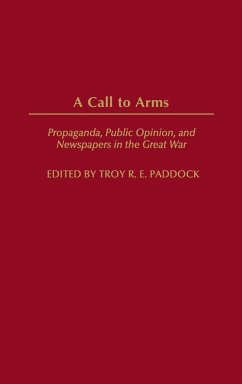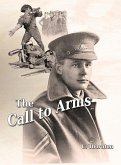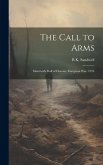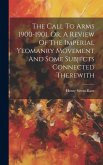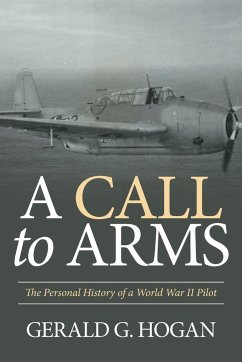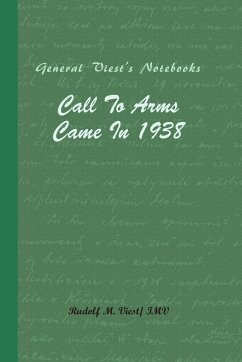World War I highlighted the influence of newspapers in rousing and maintaining public support for the war effort. Discussions of the role of the press in the Great War have, to date, largely focused on atrocity stories. This book offers the first comparative analysis of how newspapers in Great Britain, France, Russia, Germany, and Austria-Hungary attempted to define war, its objectives, and the enemy. Presented country-by-country, expert essays examine, through use of translated articles from the contemporary press, how newspapers of different nations defined the war for their readership and the ideals they used to justify a war and support governments that some segments of the press had opposed just a few months earlier. During the opening months of the war, governments attempted to influence public opinion functioned in a largely negative fashion, for example, the censoring of military information or criticisms of government policies. There was little effort to provide a positive message to sway readers. As a result, newspapers had a relatively free hand in justifying the war and the reasons for their respective nation's involvement. Partisan politics was a staple of the pre-war press; thus, newspapers could and did define the war in terms that reflected their own political ideals and agenda. Conservative, liberal, and socialist newspapers all largely supported the war (the ones that did not were shut down immediately), but they did so for different reasons and hoped for different outcomes if their side was victorious.
Hinweis: Dieser Artikel kann nur an eine deutsche Lieferadresse ausgeliefert werden.
Hinweis: Dieser Artikel kann nur an eine deutsche Lieferadresse ausgeliefert werden.

